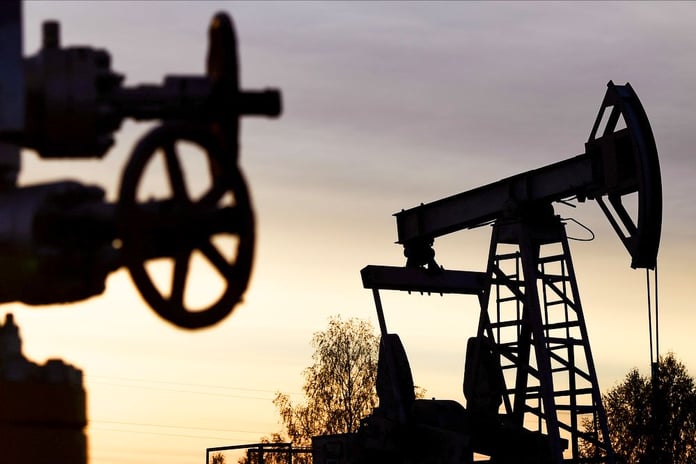Kazakhstan will supply at least 100,000 tons of oil per month via Russia via the Druzhba pipeline to an oil refinery in the city of Schwedt. The company was controlled by Rosneft (54.17% of the shares), but in September 2022 the German government ordered the transfer of its assets to the Federal Network Agency (the German regulator). Until the end of the year, the refinery will receive at least 890,000 tons of Kazakh oil, but this takes into account the 190,000 tons already delivered this year.
The problem for the German plant is that it needs 11.6 million tonnes of crude oil per year for processing, and Kazakhstan supplies only 7.6% of this volume. The Schwedt refinery is East Germany’s main fuel supplier and a major exporter. Germany voluntarily renounced Russian oil received via Druzhba, there is very little oil from Kazakhstan, and Europe is not spoiled by an abundance of petroleum products anyway. More western refineries, also connected to Druzhba, can receive raw materials via pipelines from German ports. And for the Schwedt refinery, the only alternative supply route is a pipeline from the Polish port of the city of Gdansk.
It is a major oil port, large volumes of raw materials pass through it. It is thanks to them that Poland was able to reduce its dependence on supplies from Russia to 10% by 2021, although previously almost 50% of imported oil came from our country. It is in Warsaw’s interest to maximize freight flow, and there are caveats. In addition, to pump oil from Gdansk, you can use the existing infrastructure, that is, parts of the Druzhba pipeline.
Andrey Kochetkov, a leading analyst at Otkritie Investments, clarifies that deliveries from ports to onshore companies are significantly more expensive than direct pipelines and more complex in terms of logistics. Here it should also be noted that the Schwedt plant is a direct competitor of Polish refineries owned by the Polish company Orlen. And the same company, with a high probability, will sell, or rather even resell, oil from Gdansk to the Germans. In addition to refineries in Poland, Orlen has plants in the Czech Republic and Lithuania, where fuel was also supplied from Germany. Therefore, it is vital for Germany to increase oil imports from Kazakhstan, this applies not only to the Schwedt refinery, but also to other plants which are now buying oil at a higher price than ‘in Druzhba. Admittedly, Kazakhstan’s ability to increase its supplies is very limited.
As Freedom Finance Global analyst Vladimir Chernov notes, Kazakhstan is likely to increase oil supplies to Germany through the Druzhba pipeline, as it previously agreed with the Russian side of the transit of 1, 2 million tons of oil along this route, which turns out to be only 100,000 tons per month.
But last January, Kazakhstan’s energy minister estimated the maximum possibilities of increasing supplies from Germany up to 1.5 million tonnes per year. Theoretically, there is room to increase supplies by 300,000 tonnes, Chernov said.
This is too small a volume, even for a large refinery in Schwedt. What about the whole of Germany, which imported from Russia only through Druzhba in 2022 15.1 million tons of oil.
As a result, Germany is dependent on its “sworn neighbour” Poland and the direct competitor of German companies. This applies not only to oil, but also to gas, which Poland has already started to receive via the Baltic Pipe gas pipeline, albeit in small volumes, as well as in the form of liquefied natural gas (LNG) from coastal terminals and floating. Germany is also creating its own LNG reception infrastructure, and has even already slightly overtaken its eastern neighbor in terms of LNG tanker reception possibilities, but the problem is that gas consumption in Germany is four times higher than needs of Poland (80 -99 billion cubic meters per year against 19-23 Gm3).
Read the Latest Science and Technology News Today on The Eastern Herald.


